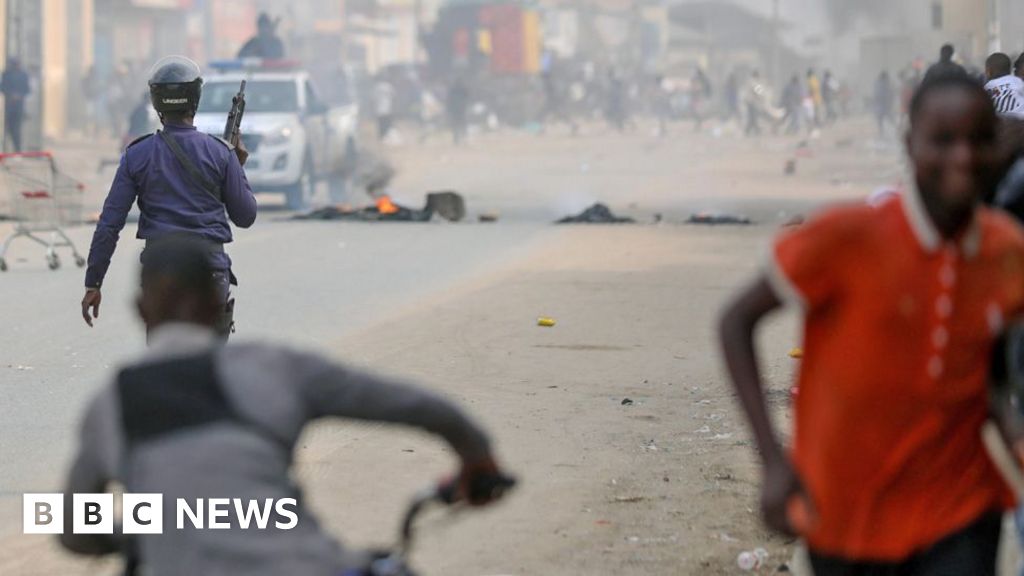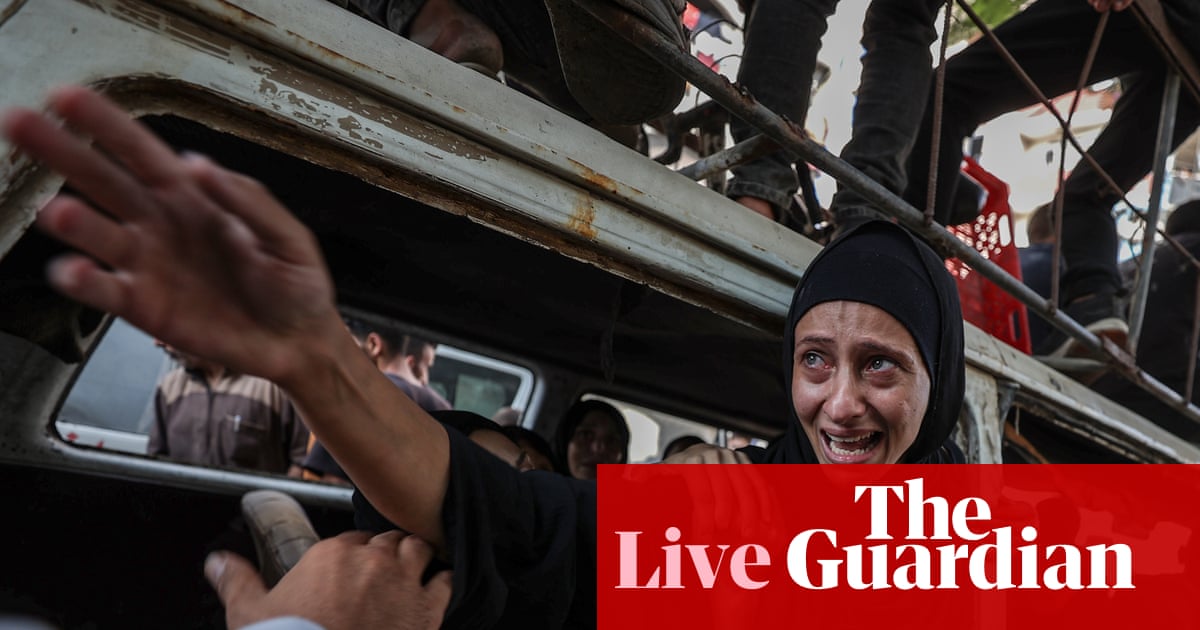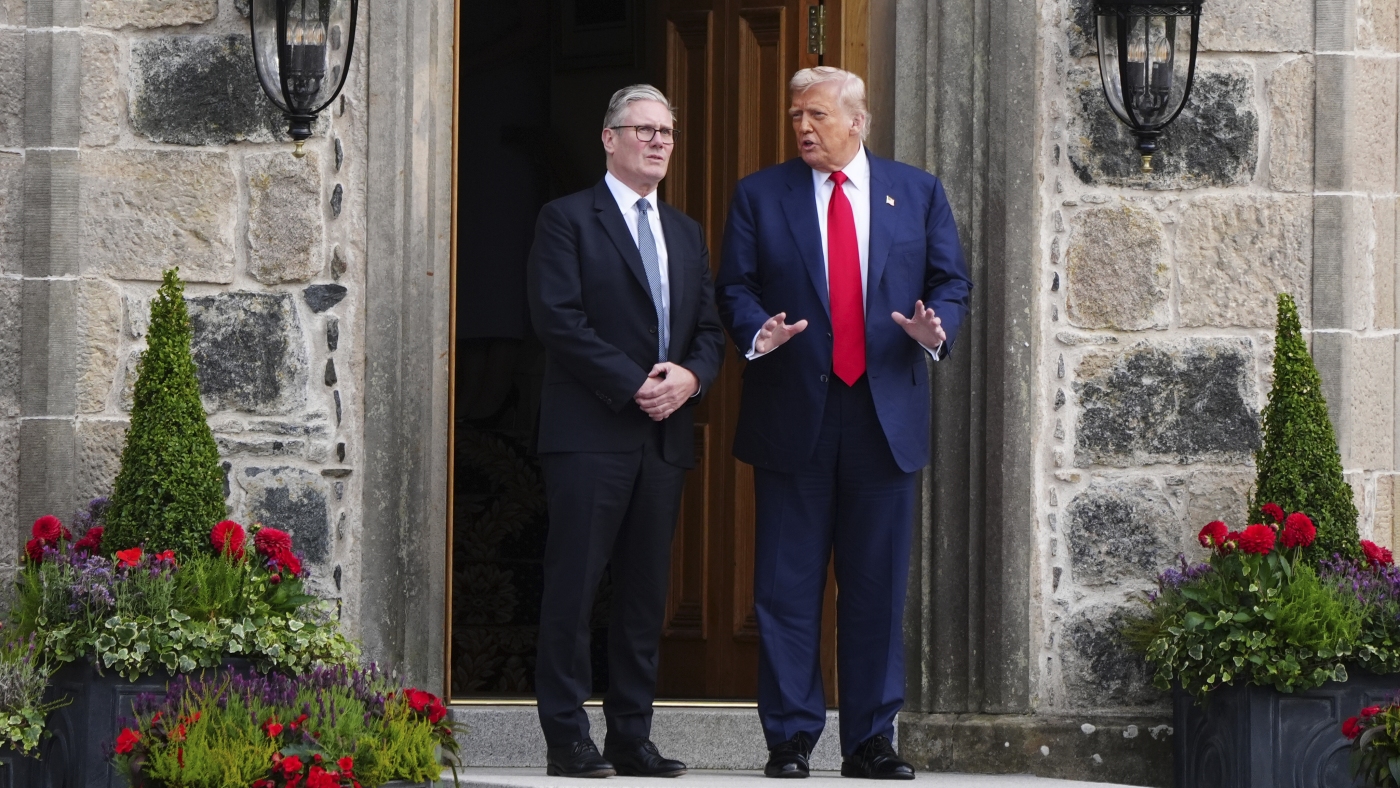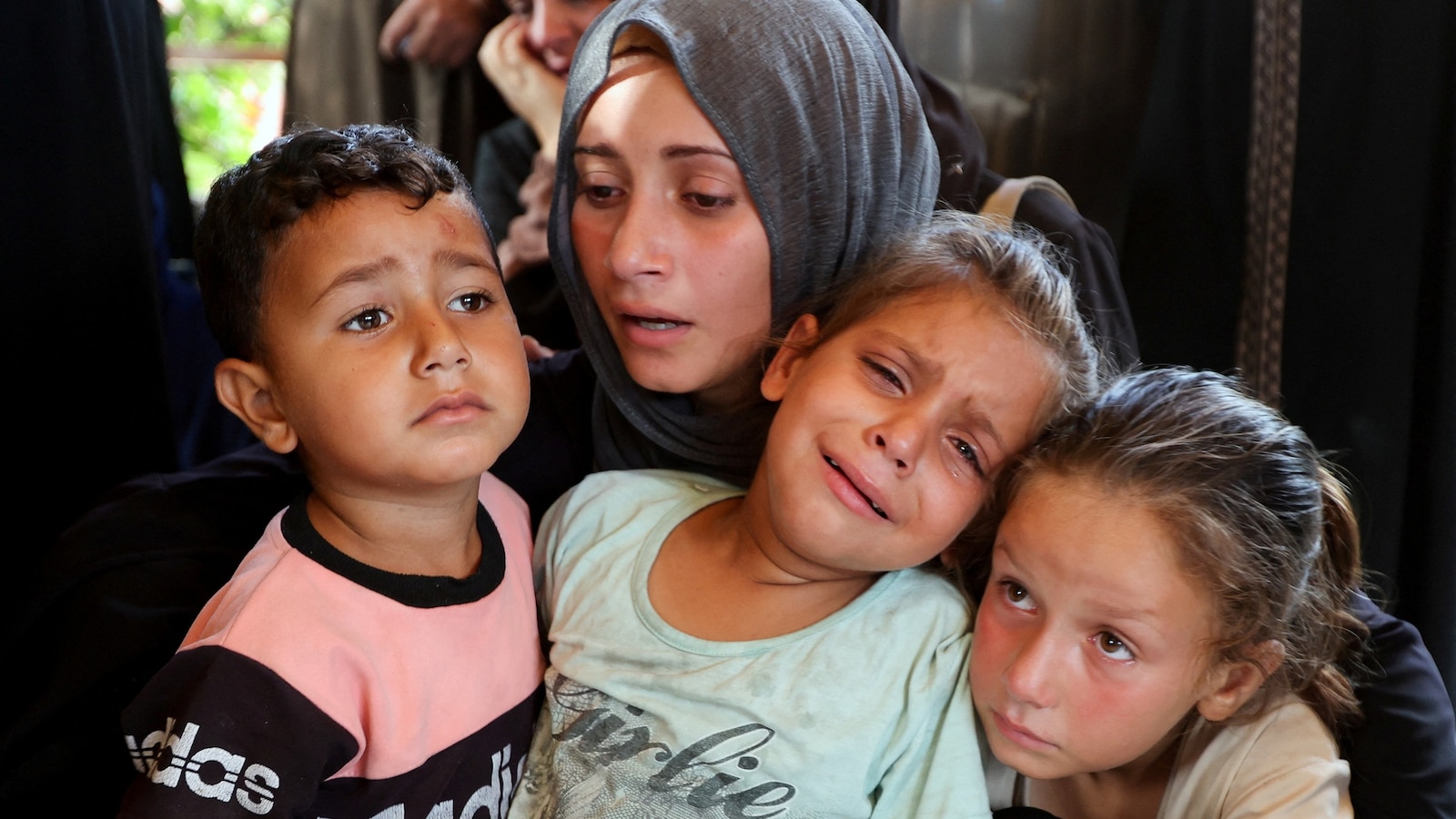T4K3.news
Death toll in Angola protests rises to 22
Angola's protests against rising petrol prices have claimed 22 lives, the highest toll in recent years.

Protests in Angola against rising fuel prices escalate, resulting in at least 22 deaths.
Angola faces rising death toll as petrol protests intensify
At least 22 people, including a police officer, have died in large-scale protests across Angola triggered by a significant increase in fuel prices. The unrest began with a taxi driver strike on Monday and quickly escalated when public outrage turned into broader demonstrations. Over 1,200 arrests have been made since the protests began, and many businesses, including major supermarkets, remain closed in a show of defiance against the government’s decision to raise diesel prices by over 33%. Doctors in Luanda reported a surge in emergency cases, indicating an overwhelmed healthcare system amid escalating violence, including looting and vandalism. The Angolan presidency condemned the unrest, claiming that it threatens public order, while the opposition has linked the protests to deeper issues of poor governance and economic hardships facing citizens.
Key Takeaways
"We have received many protesters with serious injuries, including multiple traumas."
A doctor in Luanda describes the impact of police actions on protesters during the riots.
"This represents a threat to public order as protests escalate."
Interior Minister Manuel Homem addresses the severity of the protest situation.
"Public policies are disconnected from our country's reality."
The opposition coalition comments on the government's failure to address economic issues.
"Safety and security for our passengers and crew has top priority."
A Lufthansa spokesperson explains the cancellation of a flight due to political unrest.
The rising death toll in Angola highlights a severe crisis stemming from a growing economic burden on citizens. The government's recent decisions to remove fuel subsidies reflect deeper issues of governance and public dissatisfaction. As the protests spread, they reveal not just frustration over fuel prices but a broader discontent with systemic corruption and ineffective policies. The intersection of economic pressure and political unrest could challenge the stability of President João Lourenço's government, particularly in a country where public trust is fragile. This situation risks spiraling into more extensive conflict if grievances remain unaddressed, suggesting a need for urgent dialogue between the government and affected citizens.
Highlights
- At least 22 lives lost in the struggle for fairness and justice.
- Protests reveal a growing anger over economic hardship.
- We are witnessing a turning point in Angola's political landscape.
- Citizens demand accountability in the face of rising costs.
Potential for escalating violence and political instability
The protests in Angola against rising fuel prices have led to numerous deaths and arrests, raising concerns of escalating violence and a potential backlash against the government. The intersection of economic hardship and public unrest risks further destabilizing the situation.
As the situation develops, it remains crucial for authorities to engage with citizens to quell ongoing unrest.
Enjoyed this? Let your friends know!
Related News

Gaza Reports Six Deaths Due to Hunger in Latest Updates

UN warns of dire hunger crisis in Gaza

Rising death toll in Gaza as violence against aid seekers escalates
Israeli airstrikes kill 21 in Gaza as hunger crisis escalates

83 Palestinians Killed in Gaza

Death toll rises as Gazans seek food amid crisis

Trump vows to increase aid as Gaza faces starvation crisis

Rising death toll reported near Gaza aid centers
